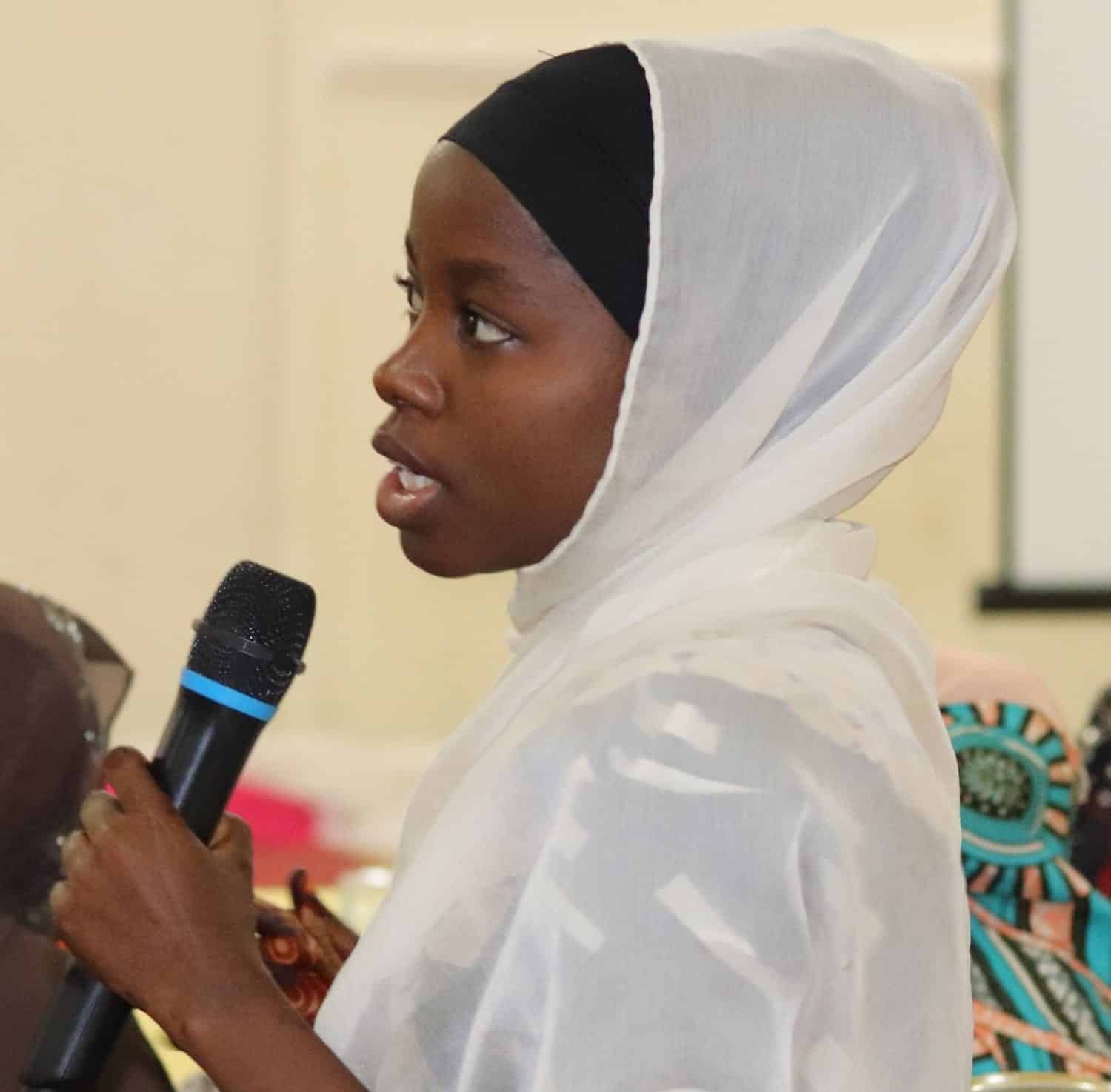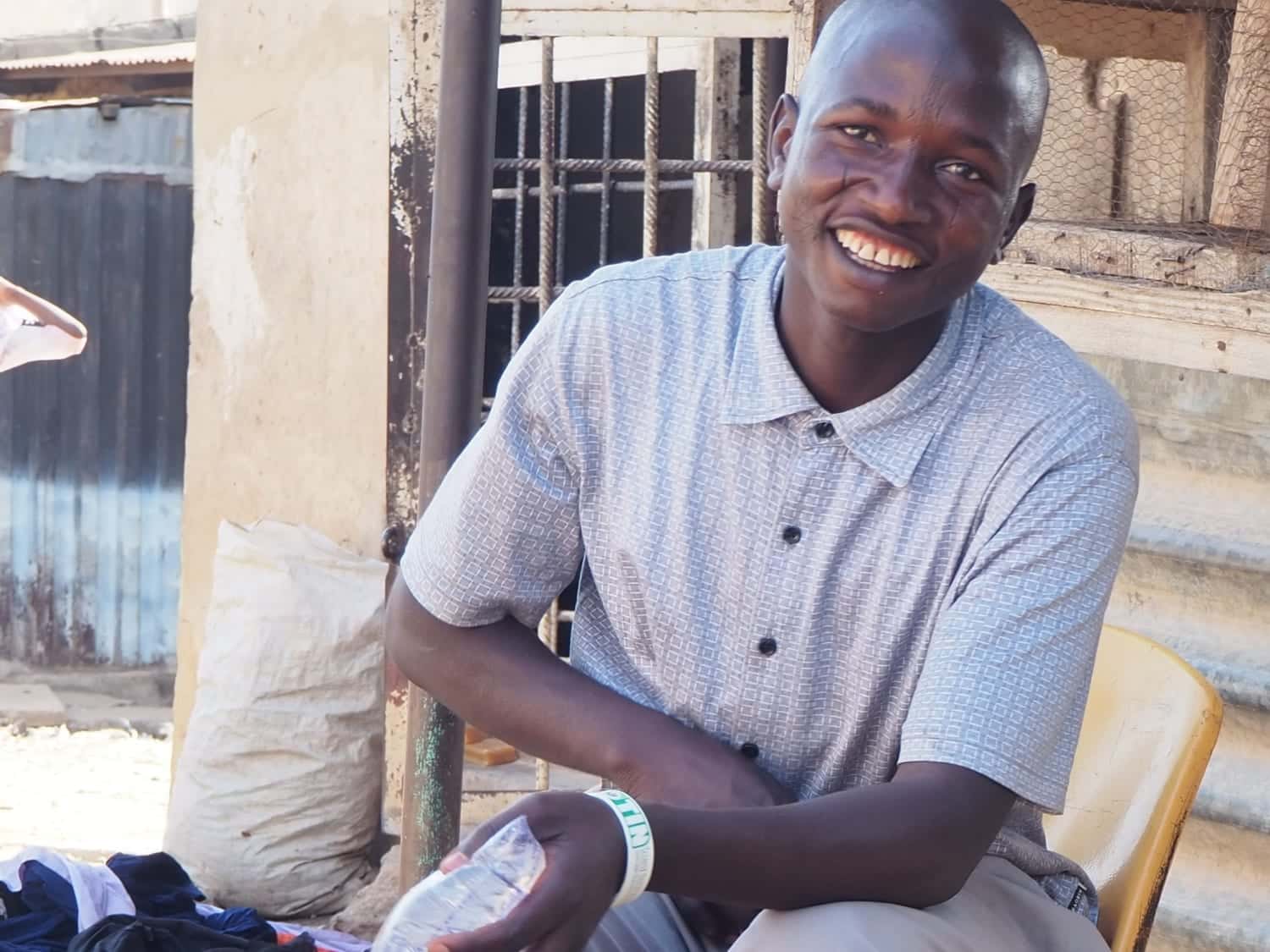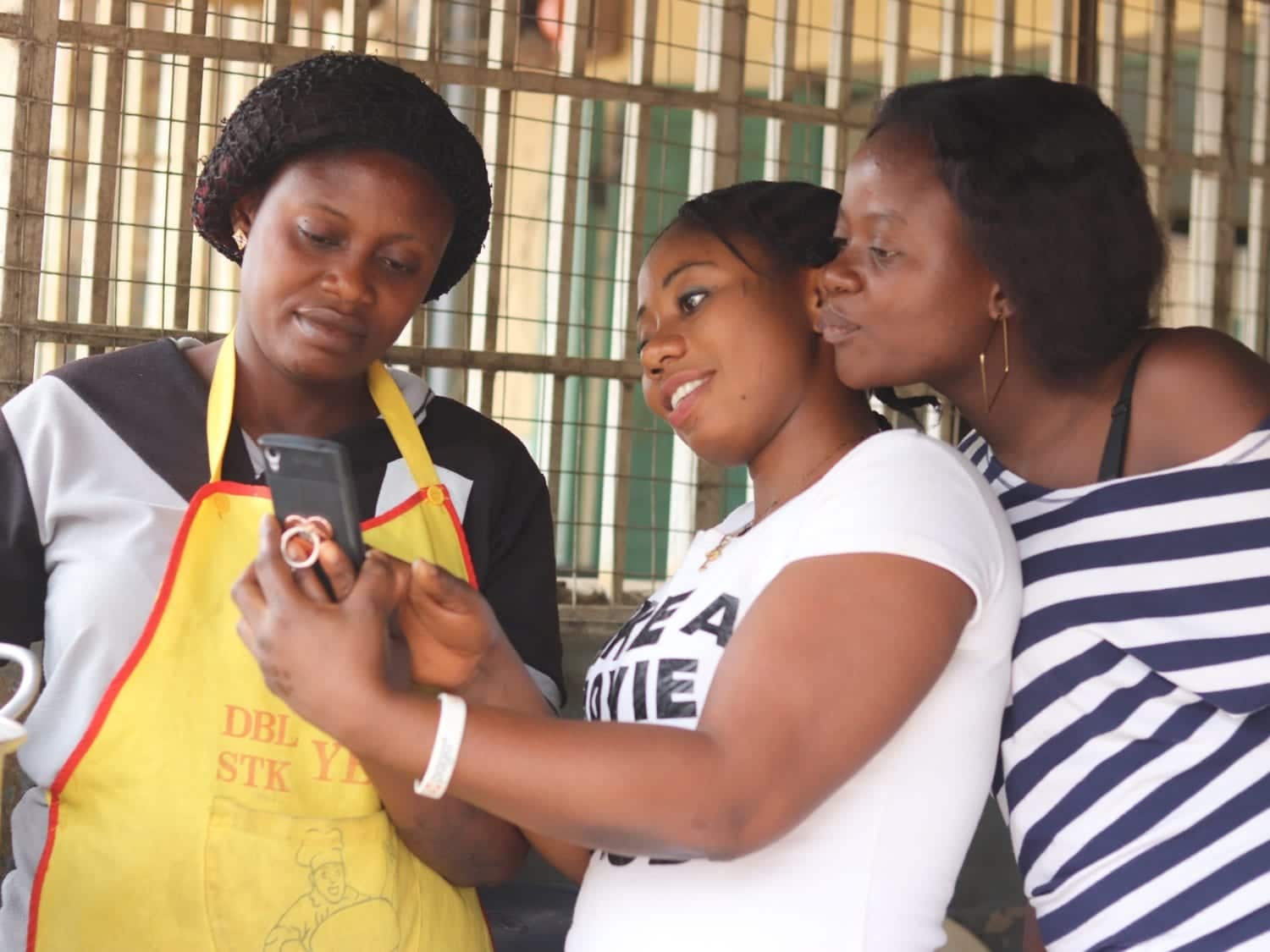

Bridging the Gender Digital Divide
Digital technology has the capacity to transform lives across the globe. However, access to and use of technology is neither universal nor equitable, with women and girls being the most disadvantaged. We offer some solutions in Northern Nigeria.

We’re getting families talking about technology!
Digital technology, including the internet, has had an immeasurable impact on the lives of many across the globe. However, access to and use of technology is neither universal nor equitable. Women and girls are the most disadvantaged with economic, social, and cultural obstacles limiting and preventing their access and the benefits it brings.
In Northern Nigeria, around 60% of the female population is not able to access the internet. Research shows that over half of the husbands surveyed do not want their wives to use the internet and 61% of fathers are discouraging their daughters’ use of technology.
In response to this, EAI launched the USAID-funded Tech4Families project in 2018, an innovative activity aimed at lessening the gender digital divide by addressing the social barriers to women’s and girls’ access to and use of technology at the family level as a critical first step.
Focused on an interactive curriculum and corresponding radio drama, family groups meet twice a month to critically reflect on existing access barriers, learn new skills (from setting up an email account to learning about cybercrime), and plan additional community outreach activities to share new ideas, attitudes, and behaviors from their small family groups with the wider community.
Although only half-way through the project, we are already seeing shifts in attitudes among female and male participants, and new norms are being adopted and promoted that encourage and inspire women’s and girls’ use of technology. We recently visited the project sites and chatted with several participating families.
Parents and children are sharing how meeting as a family has brought them closer and shifted family dynamics to allow for more open conversations about the internet.
We get to sit as a family to discuss internet and technology especially during our take-home assignments. I think we all find these family sessions entertaining, and our children open up to us.
One family confided that if not for the Tech4Families project, they would have simply banned their daughter from using social media for fear she was doing something inappropriate and concern for what others outside the family might say. However, they have learned that the best approach is to look for ways to support their daughter and educate her about safety online, rather than simply seizing her phone.
These sessions have made me want to put more effort into ensuring that women use the internet in my home and workplace.
We will continue to post updates on this exciting project, shifting norms to include girls and women in the information revolution!

